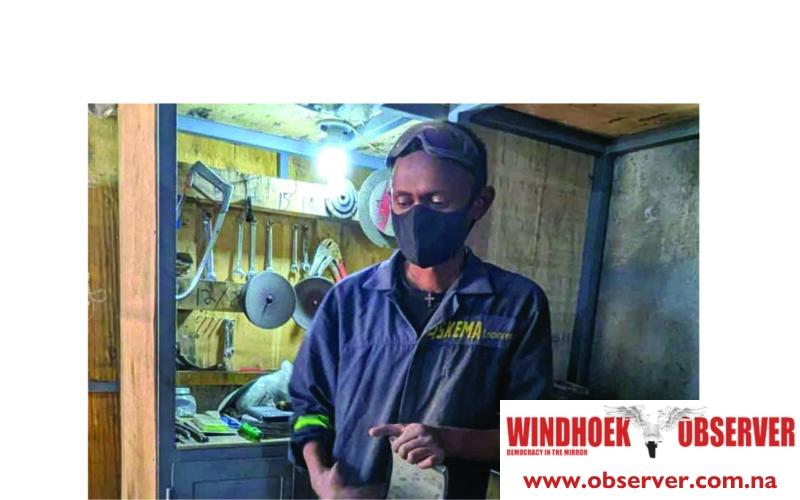Staff Writer
On the outskirts of Addis Ababa, 30-year-old Behailu Seboka, founder of Askema Engineering, manufactures brake pads from discarded slaughterhouse materials.
What began as a university project now employs 268 people and serves 6 400 customers across Ethiopia.
“With the right support, we can prove that the circular economy is not only good for the environment but also for business,” he said.
Askema Engineering, an exhibitor at the 2025 Annual Meeting of the African Circular Economy Alliance (ACEA), shows how African innovation, supported by policy and investment, can become an industrial and export-ready asset.
Across the continent, companies like Askema are turning the idea of circularity into real business models.
At the ACEA meeting, participants shared examples of how small and medium-sized businesses are leading the way. In Madagascar, the Ministry of the Environment is working with local innovators to recycle polyethylene sachets into thread for handbags.
In Burkina Faso, plastic waste is being converted into paving stones and planks used for school desks and public spaces.
These projects capture the core of the circular economy—reusing and recycling materials to reduce waste and promote sustainable growth.
Each year, more than 10 million young people join the African job market, but only 3.1 million jobs are created. With the global circular economy estimated at US$546 billion and expected to create up to 11 million new jobs by 2030, circularity could help address unemployment and drive inclusive growth in Africa.
The African Circular Economy Alliance, which now includes 21 member countries, aims to integrate circular principles into national development plans.
Its goal is to turn the ecological transition into an opportunity for growth and regional cooperation.
Held in Addis Ababa from 14 to 16 October, the 2025 ACEA Annual Meeting provided a platform for dialogue, knowledge exchange, and partnerships.
Participants explored how to expand circular business models that can deliver both economic and environmental benefits.
Discussions focused on harmonising standards, improving financing, and strengthening industrial policies to address fragmentation in Africa’s circular economy.
Initiatives such as the African Circular Economy Fund (ACEF) under the African Development Bank and the African Union’s Continental Circular Economy Action Plan (CEAP) are already supporting this effort under the AU’s Agenda 2063.
“I would like to congratulate the African Circular Economy Alliance and the African Development Bank for their determined commitment to the circular economy,” said Finland’s ambassador to Ethiopia, Sinikka Antila.
“The increasing number of ACEA members illustrates the growing confidence in this shared vision.”
Caption
Behailu Seboka, founder of Askema Engineering, in his workshop.
- Photo: African Development Bank




